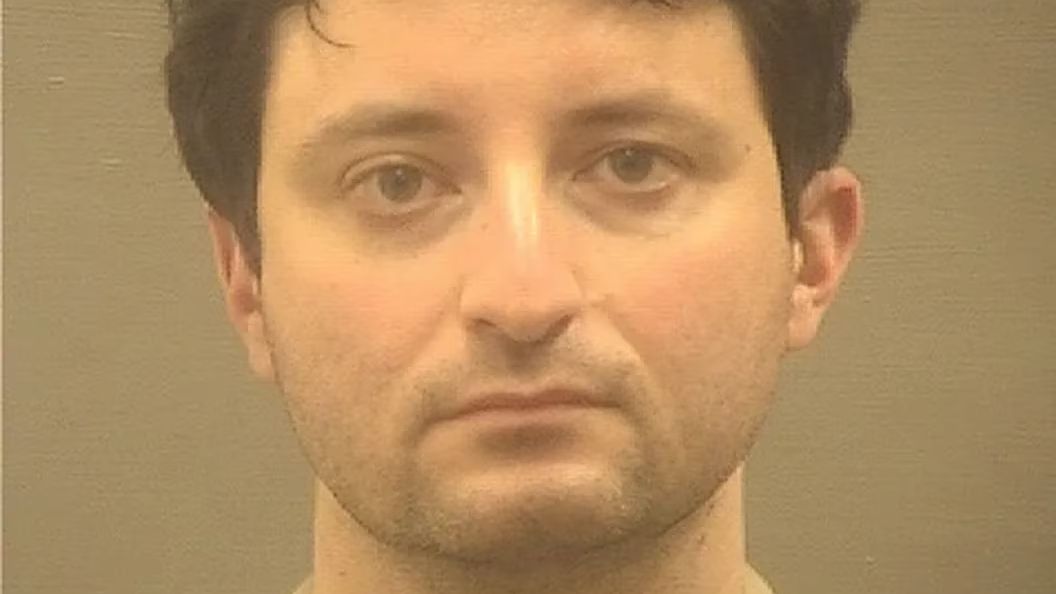Ilya Lichtenstein, who pled guilty last year to charges related to the 2016 theft of 120,000 bitcoin from Bitfinex, has made his first public statement since his 2022 arrest.
In a five-minute video posted to X (formerly Twitter) on Thursday, Lichtenstein reiterated that he was the hacker and that he acted alone, denying speculation in a Netflix documentary that his father (or, perhaps, some spy agency, maybe Russia’s) might have been involved in the theft.
“My dad is no hacker, he doesn’t even know how to use Instagram,” said Lichtenstein, who was sentenced to five years in prison for conspiracy to commit money laundering, including the time he was incarcerated after the arrest while the case was pending.
“I offer my sincerest apologies to Bitfinex for all the stress that I have caused them,” he said in the video, recorded from prison during a remote visit with his wife. “I knew what I was doing was wrong and I did it anyway because I didn’t care … I look back at the person I was then, and I hate myself. I hate myself.”
In the video, Lichtenstein also provided an update on restitution for the funds he stole from Bitfinex.
“For the past three years, I have worked hard to account for and return all assets down to the last satoshi, as required by my plea agreement, and I will continue to do so,” Lichtenstein said, showing bags under his eyes.
A restitution hearing is set for February to determine whether they should be distributed to Bitfinex or to its customers who were affected by the hack.
Razzlekhan speaks
Lichtenstein’s wife, Heather “Razzlekhan” Morgan, pled guilty to one count of money laundering conspiracy and one count of conspiracy to defraud the United States.
Prosecutors said she became aware of the hack only years after the fact and was enlisted by her husband to launder the stolen bitcoin.
“In many ways, my wife … is just another victim of my bad decisions,” Lichtenstein said in the video.
Last month, Morgan was sentenced to 18 months in prison for her supporting role in Lichtenstein’s crimes.
“It’s nice to begin to have the public record surrounding our case set straight,” Morgan told CoinDesk, referring to the video her husband released. “You would think that would have happened after our sentencing memos got filed, but that really hasn’t been the case. There are so many myths that I look forward to debunking when we tell the real story.”
Best known for her goofy rap videos, Morgan recently began selling custom videos for $125 a pop on Cameo, a sort of non-pornographic version of Onlyfans. Her prison sentence could begin as soon as next month.
“Despite everything you’ve read, my Razzlekhan persona never had anything to do with this case, besides the government mentioning it in their charging documents. I created Razzlekhan years before I ever knew my husband had hacked Bitfinex,” Morgan told CoinDesk.
“While our criminal case was open, I was unable to speak publicly or tell my story,” she said. “This also meant I could not publish any articles or release any new artworks or songs the last three years. Now that the case is over, I look forward to freely expressing myself creatively again. … I am eager to tell the story of what really happened.”
Takes one to catch one
Atoning for his misdeeds in court, Lichtenstein said that after he serves his time he plans to pursue a career fighting cybercrime.
In Tuesday’s video, Lichtenstein reiterated that pledge.
“When I am released from prison … I plan to dedicate myself to working in the cybersecurity industry,” Lichtenstein said. “I know the cyber threats that we face and I know how to stop them.”
The bitcoin stolen in the 2016 hack was worth $70 million at the time and around $12 billion today.
The Netflix documentary leaves viewers with the impression that a substantial portion of the stolen funds remain missing, but according to Lichtenstein’s lawyer, this is not the case.
“With significant help from Mr. Lichtenstein, the government has recovered nearly all of the assets stolen during the 2016 Bitfinex hack,” the lawyer, Samson Enzer of Cahill Gordon & Reindel LLP, told CoinDesk. “In total, approximately 114,601 BTC (representing 96% of the approximately 119,754 BTC taken in the hack) were recovered, as well as 29 additional assets with substantial value.”
The U.S. Department of Justice did not respond by press time to CoinDesk’s inquiry about the percentage of stolen funds that were recovered.
Read the full article here


